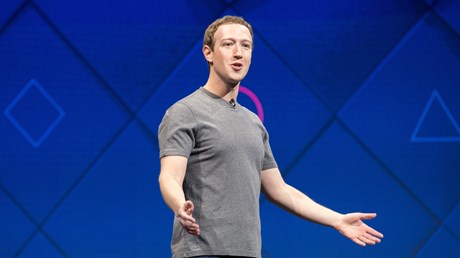Facebook and others have started to imitate, but can’t replace, church community.

From the late 1980s, many churches made the decision to run like businesses and now, in a surprising twist, businesses in 2017 are running like churches.
At Facebook’s inaugural Communities Summit earlier this summer, CEO Mark Zuckerberg lauded the role churches historically played in society, from providing support in community to stoking charitable volunteerism. In the face of declining church membership, he suggested that Facebook could now fill the void left behind.
“It’s so striking,” he stated, “that for decades, membership in all kinds of groups has declined as much as one quarter. That’s a lot of people who need to find a sense of purpose and support somewhere else.”
At Facebook, he continued, “we started a project to see if we could get better at suggesting groups that will be meaningful to you. We started building artificial intelligence to do this. And it works. In the first six months, we helped 50 percent more people join meaningful communities.”
There’s much that Zuckerberg gets right.
The much-discussed “nones”—those unaffiliated with any particular religion—have indeed been on the rise for decades, and their growth isn’t just obvious in emptying churches.
Instead of Catholics or white evangelicals, it was religious nones that represented the largest religious voting bloc in the 2016 election. Another set of affiliations, major political parties, also saw allegiances drop with the rise of the independent voter, who refuses to align with either party.
In 2000, Harvard professor Robert D. Putnam first noted the collapse of civic engagement in American society. Since the 1960s, fewer Americans had been investing in “social ...
from
http://feeds.christianitytoday.com/~r/christianitytoday/ctmag/~3/pCELErDblCE/gospel-of-mark-zuckerberg.html
No comments:
Post a Comment